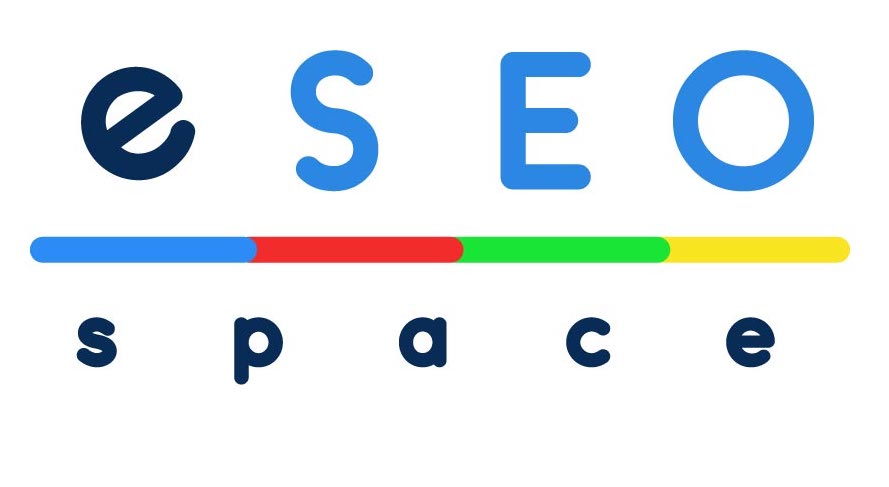Choosing between WordPress and Webflow for website development is a decision that depends on your specific needs, technical skills, and the nature of your project. Both platforms offer unique advantages and cater to different user profiles, from beginners to experienced developers.
WordPress: The Flexible CMS
- Ease of Use: WordPress is known for its user-friendly interface, making it accessible even to those with little to no coding knowledge. It’s particularly beneficial for those who are not familiar with HTML and CSS.
- Customization and Extendibility: WordPress offers a vast library of themes and plugins, allowing for extensive customization and the addition of new functionalities. This flexibility makes it a preferred choice for those looking to create a unique website with specific features.
- SEO and Integration: WordPress is designed with SEO in mind, offering various plugins to optimize your site for search engines. It also integrates seamlessly with a wide range of third-party tools and services, making it a versatile platform for various types of websites.
- Community Support: With a large user base, WordPress boasts a vast community of developers and users who can provide support and share resources. This community support is invaluable for troubleshooting and learning new techniques.
Webflow: The Design-Focused Platform
- Visual Design: Webflow is praised for its powerful visual editor, making it an excellent choice for designers looking to create visually appealing websites without needing to write code. It offers a drag-and-drop interface that simplifies the design process.
- Performance and Security: Webflow provides better out-of-the-box performance optimization, ensuring your site loads quickly. It also includes built-in security features, reducing the need for additional plugins for security.
- Ease of Setup: Webflow is designed to be easy to set up, with a straightforward tutorial and intuitive interface. This makes it a good choice for those who prioritize ease of use over extensive customization.
- Direct Customer Support: Unlike WordPress, Webflow offers direct customer support for paying customers, ensuring that you can get help directly from the platform’s team.
Conclusion
- For Blogging and Content-Driven Sites: WordPress is the better choice due to its robust blogging features and extensive plugin library, making it ideal for content-driven businesses.
- For Designers and Those Prioritizing Visual Appeal: Webflow’s visual editor and design-focused approach make it the preferred option for those who prioritize aesthetics and ease of design.
- For Flexibility and Extendibility: WordPress offers more flexibility and customization options, making it suitable for users who want to tailor their site to specific needs.
- For Ease of Use and Quick Setup: Webflow’s user-friendly interface and straightforward setup process make it an excellent choice for beginners or those looking for a quick and easy way to launch a website.
Ultimately, the choice between WordPress and Webflow should be based on your specific needs, technical skills, and the goals of your website. Both platforms offer unique advantages, and understanding these can help you make an informed decision.







